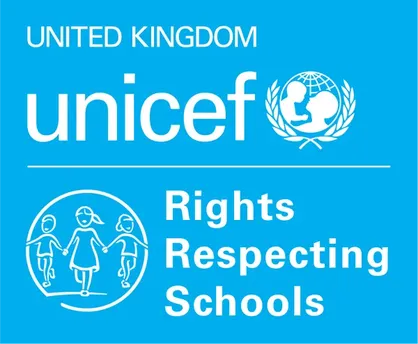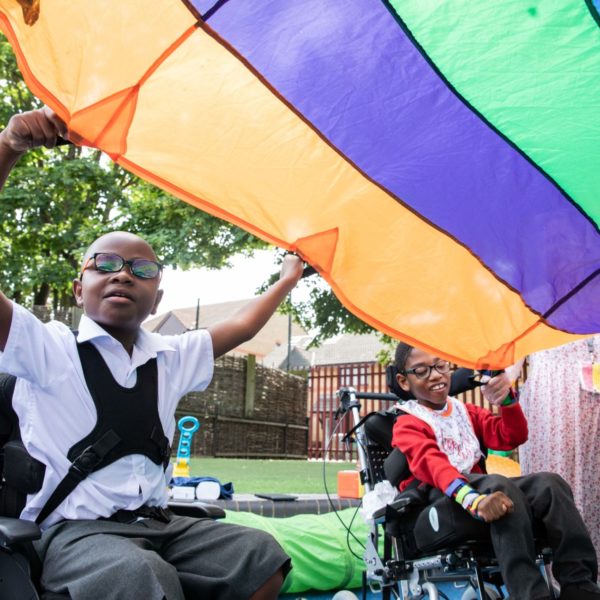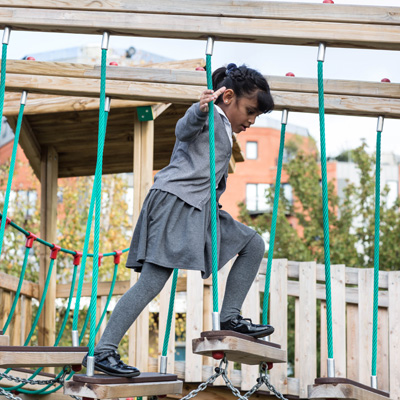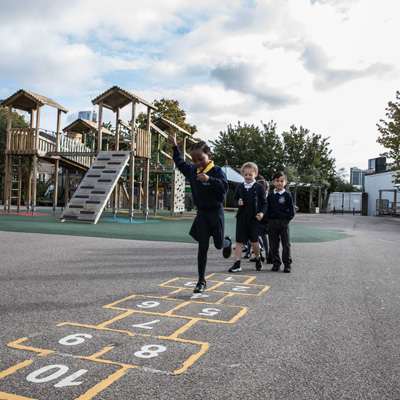The Outcomes for the Award and many of the articles in the Convention have a direct relevance to the requirements set out for schools in the Ofsted Inspection Framework.
Quality of Education
The Framework addresses intent. At the heart of the Award is a vision of education founded on Article 29 of the Convention which says that education must develop every child’s personality, talents and abilities to the full. It must encourage the child’s respect for human rights, as well as respect for their parents, their own and other cultures and the environment.
The Framework addresses implementation. Equity, inclusion and the voice of children and young people are fundamental to a rights based approach to education.
The Framework expects impact. Success and achievement for all is at the heart of the Right to Education and the principle of Non-Discrimination (Article 2) underpins all that schools do to accelerate the progress of all and minimise gaps in attainment.
Behaviour and Attitudes
The Framework draws attention to high expectations, fairness, mutual respect, high rates of attendance. In Rights Respecting Schools these are founded less on a ‘rules based’ system and more on a shared understanding of everyone’s rights and a commitment to respect ones own and other people’s rights. The phrase in the Framework: ‘Leaders, teachers and learners create an environment…’ is directly supported by the RRSA expectation that the pupils have an effective say in the life of their school and a meaningful part to play in decision making.
Personal Development
The Framework expects the development of talents, building of resilience and confidence, empowerment around physical and mental health, valuing diversity and the promotion of active citizenship. All 9 outcomes of the RRSA programme relate to the requirements set out in this section of the Ofsted framework. Linking these aspirations to their Human Rights helps pupils to ‘own’ and commit to them.
Leadership and Management
The Framework speaks of inclusive education, strong, shared values and engagement as well as safeguarding. A rights-based approach provides all school leaders with a globally recognised values base and a clear philosophy on which to build highly effective school systems and structures. It empowers and challenges leaders to see children and young people as collaborators in the educational enterprise and to always take action ‘in the best interests’ (Article 3) of their pupils.







